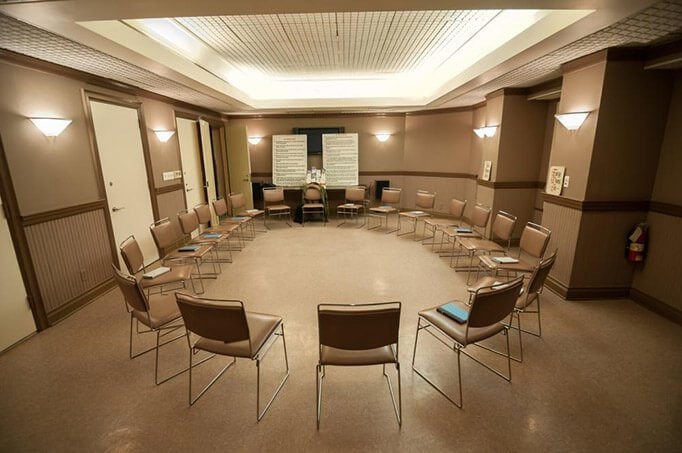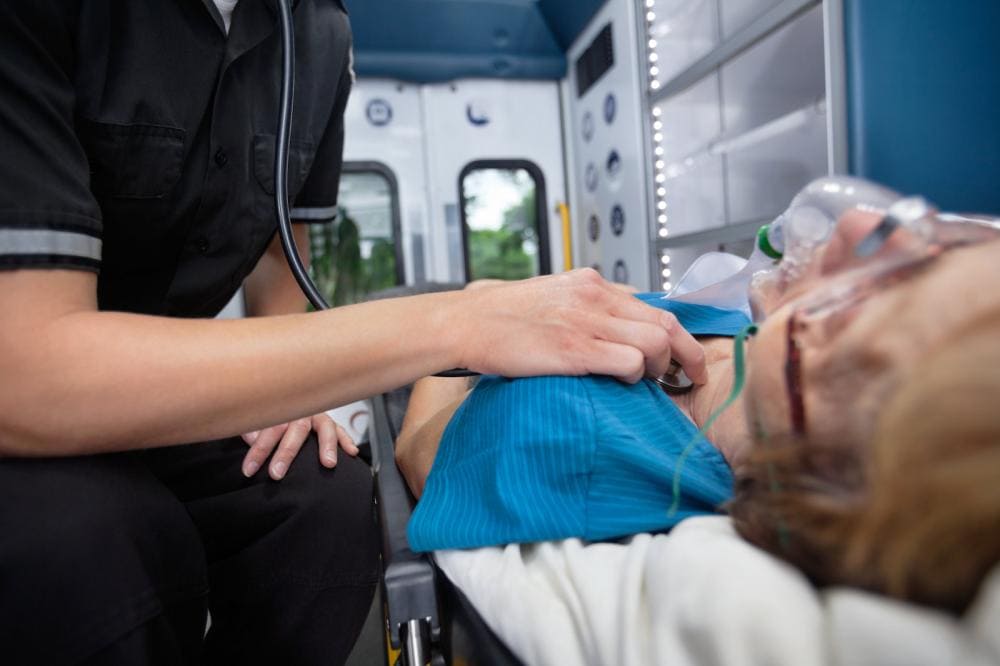
As Americans become more aware that addiction is a disease and not a crisis of character, law enforcement and the judicial system have started to stand up and take notice. Rather than lock up the masses of people with a substance abuse disorder, many law enforcement agencies now offer diversion programs. Diversion programs are run in different ways, but they all focus on helping an addicted person improve their lives and hopefully break free from their disease.
One such example is a program that has been in place for 10 years, in Essex Massachusetts. Started by a DA personally affected by the opioid epidemic, a total of 117 people from 22 communities took part in the drug diversion program in 2016, with a success rate averages 40 to 50 percent. (In the world of substance abuse disorders, this is an excellent rate. Treating these issues can be incredibly challenging.)
The DA goes over cases that are drug-related to find arrestees that may have suffered from addiction. From there, they are offered a range of free services, including medication-assisted therapy, residential treatment, and individual and group therapy. Completing the program prevents them from being prosecuted. They must commit to attending all of the meetings and therapy for at least 6 months, but many of them stay to graduate from treatment. Some people don’t make it the full 6 months, but the people who run the program know they’re saving lives. Some of the attendees just aren’t ready to get clean, but they might have another chance if they get arrested again.
New Diversion Programs Forming All the Time
In Worcester, Massachusetts, the newly-launched Buyer Diversion Treatment Alternative steers lower-level drug offenders away from courts and prisons and into recovery.
And in Lucas County, Ohio, one of the hardest-hit areas suffering from opiate addiction in the US, a $1.7 million state grant was just awarded fund a diversion program for people convicted of low-level felonies in Common Pleas Court.
The Targeted Community Alternative to Prison program, better known as T-CAP, gives judges the discretion of keeping offenders in local facilities rather than sending them to prison.
There are many more locations that have started to change the way they view addiction. Diversion programs give people a chance to get clean and away from the shackles of their substance abuse disorder. Many of the programs offer drug treatment for free or low fees. People in these programs may or may not stay clean, but they are there long enough for the seed to be planted. Many of them learn what life is like for those in recovery, and they have at least the desire to stay clean. Programs like these are planting the seeds of hope for those who suffer from addiction to stay clean.



